Home » Congressional Lawmakers » Congressional Oversight Resources » Key Laws & OLC Opinions
Key Laws & OLC Opinions
Below you can find a list of key laws and Office of Legal Counsel opinions relating to legislative oversight.
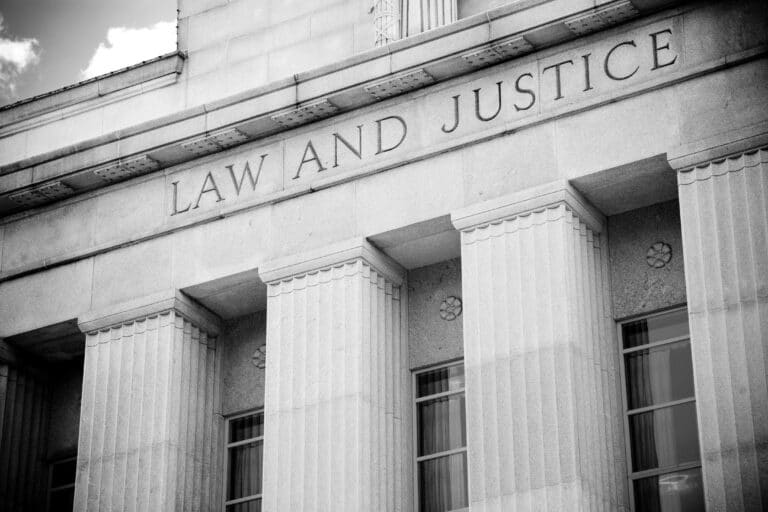
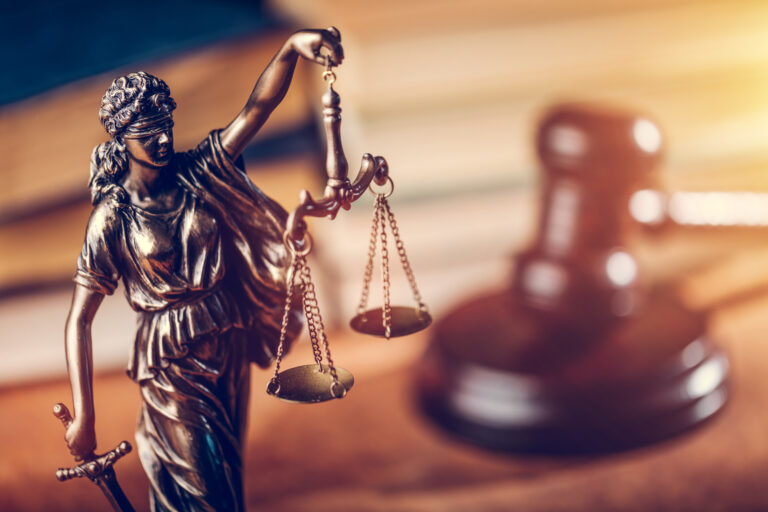
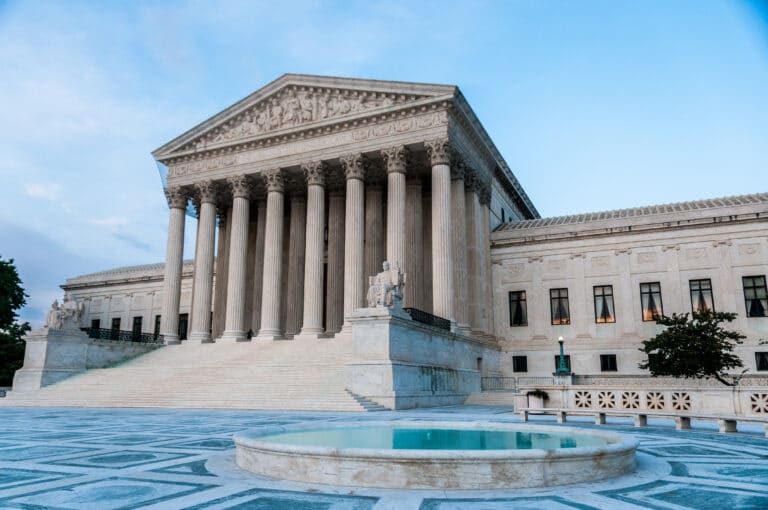
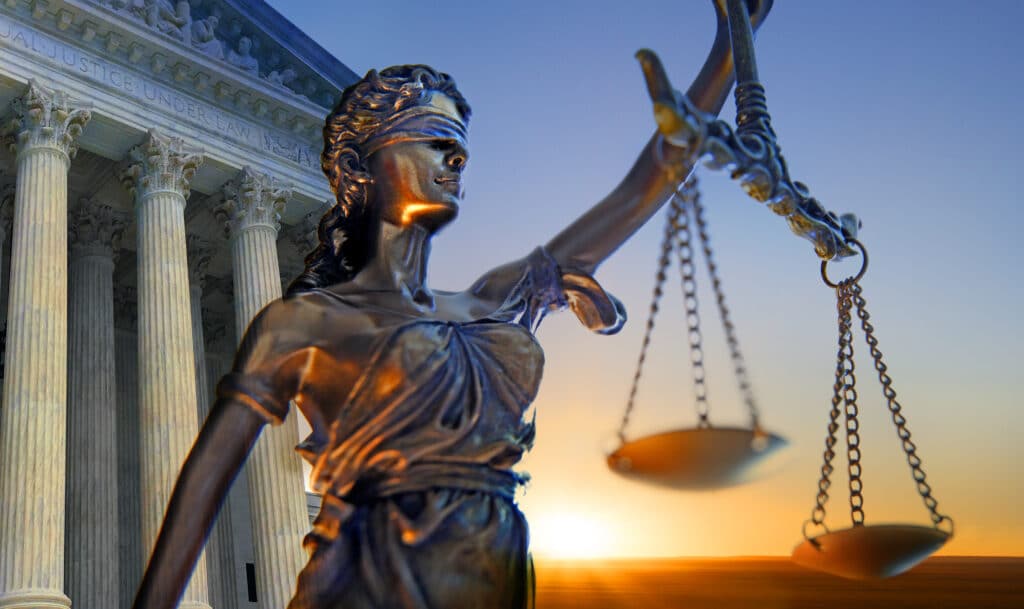
Statutes
Congress Generally
U.S. Code, Title 2, The Congress, especially Chapter 6, Congressional and Committee Procedure; Investigations, and Chapter 9D, Office of Senate Legal Counsel
No false statements to Congress
18 U.S.C. § 1001 states that anyone who “knowingly and willfully … falsifies, conceals, or covers up … a material fact” or “makes any materially false, fictitious, or fraudulent statement,” or makes or uses “any false writing” in a matter within the jurisdiction of Congress can be fined, imprisoned for up to five years (eight for terrorism), or both. In general, a person who makes a false statement to a senator, representative, or congressional staffer during an authorized “investigation or review,” including in a deposition, interview, telephone call, letter, or email, risks prosecution.
Perjury
18 U.S.C. § 1621 makes a misstatement of a “material matter” under oath punishable with a fine, imprisonment of not more than five years, or both.
Congressional obstruction statute
18 U.S.C. § 1505 makes it a crime for anyone to “corruptly” or through the use of “any threatening letter or communication” to “influence, obstruct, or impede” a congressional inquiry or investigation. Violating the statute is punishable with a fine, imprisonment of not more than five years, or both.
Congressional criminal contempt statute
2 U.S.C. § 192 authorizes Congress to find that a person who was summoned as a “witness” before a house of Congress, and who refused to appear, answer questions, or produce requested “papers,” is guilty of a criminal misdemeanor, and subject to a monetary fine or imprisonment of not more than one year.
2 U.S.C.§ 194 states that if Congress certifies to the “appropriate United States attorney” a failure to provide information under § 192, it “shall” be the “duty” of that federal prosecutor to bring the matter before a grand jury.
Senate civil contempt statutes
2 U.S.C. §§ 288b(b) and 288d, and 28 U.S.C. § 1365 authorize the filing of a civil suit in the U.S. District Court for the District of Columbia against anyone resisting a Senate subpoena other than an executive branch officer or employee (who enjoy a statutory exemption).
Congressional access to tax returns
26 USC § 6103(f) states that the Treasury Secretary, upon receiving a written request from the chair of the House Ways and Means Committee, Senate Finance Committee, or Joint Committee on Taxation, “shall furnish” any specified tax return or tax return information.

Department of Justice Office of Legal Counsel Memos
See also index of OLC opinions issued prior to 1994, prepared by Columbia University Knight First Amendment Institute
-
Congressional Oversight of the White House (Jan. 8, 2021)
- Ways and Means Committee’s Request for the Former President’s Tax Returns (July 30, 2021)
- House Committees’ Authority to Investigate for Impeachment (Jan. 19, 2020)
- Publication of a Report to the President on the Effect of Automobile and Automobile-Part Imports on the National Security (Jan. 17, 2020)
- Exclusion of Agency Counsel from Congressional Depositions in the Impeachment Context (Nov. 1, 2019)
- Testimonial Immunity Before Congress of the Former Assistant to the President and Deputy Chief of Staff for Policy Implementation (Sept. 16, 2019)
- Testimonial Immunity Before Congress of the Former Assistant to the President and Staff Secretary (Sept. 16, 2019)
- Testimonial Immunity Before Congress of the Assistant to the President and Senior Counselor to the President (July 12, 2019)
- Congressional Committee’s Request for the President’s Tax Returns Under 26 U.S.C. § 6103(f) (June 13, 2019)
- Attempted Exclusion of Agency Counsel from Congressional Depositions of Agency Employees (pdf) (May 23, 2019)
- Testimonial Immunity Before Congress of the Former Counsel to the President (pdf) (May 20, 2019)
- Protective Assertion of Executive Privilege Over Unredacted Mueller Report and Related Investigative Files (May 8, 2019)
- Authority of Individual Members of Congress to Conduct Oversight of the Executive Branch (May 1, 2017)
- Response of Sen. Grassley to May 1, 2017 DOJ Letter Opinion (pdf) (June 7, 2017)
- Immunity of the Assistant to the President and Director of the Office of Political Strategy and Outreach From Congressional Subpoena (July 15, 2014)
- Prosecutorial Discretion Regarding Citations for Contempt of Congress (June 16, 2014)
- Assertion of Executive Privilege over Documents Generated in Response to Congressional Investigation into Operation Fast and Furious (pdf) (June 19, 2012)
- Assertion of Executive Privilege Concerning the Special Counsel’s Interviews of the Vice President and Senior White House Staff (pdf) (July 15, 2008)
- Assertion of Executive Privilege Over Communications Regarding EPA’s Ozone Air Quality Standards and California’s Greenhouse Gas Waiver Request (pdf) (June 19, 2008)
- Whether the Department of Justice May Prosecute White House Officials for Contempt of Congress (Feb 29, 2008)
-
Immunity of the Former Counsel to the President From Compelled Congressional Testimony (July 10, 2007)
- Assertion of Executive Privilege Concerning the Dismissal and Replacement of U.S. Attorneys (June 27, 2007)
- Authority of Agency Officials To Prohibit Employees from Providing Information to Congress (May 21, 2004)
- Letter for the President from John Ashcroft, Attorney General, Re: Assertion of Executive Privilege with Respect to Prosecutorial Documents (Dec. 10, 2001)
- Linder Letter re open Justice Department investigations (pdf) (Jan. 27, 2000)
- Assertion of Executive Privilege With Respect To Clemency Decision (Sept. 16, 1999)
- Whistleblower Protections for Classified Disclosures (May 20, 1998)
- Assertion of Executive Privilege for Memorandum to the President Concerning Efforts to Combat Drug Trafficking (Sept. 30, 1996)
- Assertion of Executive Privilege for Documents Concerning Conduct of Foreign Affairs with Respect to Haiti (Sept. 20, 1996)
- Presidential Certification Regarding the Provision of Documents to the House of Representatives Under the Mexican Debt Disclosure Act of 1995 (June 28, 1996)
- Assertion of Executive Privilege Regarding White House Counsel’s Office Documents (May 23, 1996)
- Protective Assertion of Executive Privilege Regarding White House Counsel’s Office Documents (May 8, 1996)
- Applicability of Executive Privilege to Deliberations Regarding Assertion of Privilege (pdf) (Sept. 11, 1996)
- Congressional Access to Presidential Communications (Dec. 21, 1989)
- Congressional Requests for Confidential Executive Branch Information (June 19, 1989)
- Congressional Requests for Information from Inspectors General Concerning Open Criminal Investigations (Mar. 24, 1989)
- Response to Congressional Requests for Information Regarding Decisions Made Under the Independent Counsel Act, 10 Op. O.L.C. 68, 78 (Apr. 28, 1986)
- Refusals by Executive Branch to Provide Documents from Open Criminal Investigative Files to Congress (Oct. 30, 1984)
- Congressional Subpoenas of Department of Justice Investigative Files (pdf) (Oct. 17, 1984)
- Prosecution for Contempt of Congress of an Executive Branch Official Who Has Asserted a Claim of Executive Privilege (May 30, 1984)
- Confidentiality of communications between the President and his closest advisers (Feb. 27, 1984)
- History of Refusals by Executive Branch Officials to Provide Information Demanded by Congress-Part 2 (Jan. 27, 1983)
- History of Refusals by Executive Branch Officials to Provide Information Demanded by Congress-Part 1 (Dec. 14, 1982)
- Assertion of Executive Privilege in Response to Congressional Demands for Law Enforcement Files (pdf) (Nov. 30, 1982)
- Procedures Governing Responses to Congressional Requests for Information (Nov. 4, 1982)
- Authority of Senate Committee Staff to Depose Executive Branch Officers (pdf) (Aug. 4, 1982)
- Confidentiality of the Attorney General’s Communications in Counseling the President (pdf) (Aug. 2, 1982)
- Memorandum to Edward C. Schmults from Theodore B. Olson, Assistant Attorney General [re Senate subpoena of Fred Fielding] (July 29, 1982)
- Congressional Demand for Deposition of Counsel to the President Fred F. Fielding (July 23, 1982)
- Assertion of Executive Privilege in Response to a Congressional Subpoena (Oct. 13, 1981)
- Congressional Testimony by Presidential Assistants (April 14, 1981)
- Suing to Enjoin the Enforcement of a Senate Committee’s Subpoena (Jan. 19, 1981)
- The Constitutional Privilege for Executive Branch Deliberations: The Dispute with a House Subcommittee over Documents Concerning the Gasoline Conservation Fee (Jan. 13, 1981)
- Dual-purpose Presidential Advisors (Aug. 11, 1977)
- Executive Privilege (June 8, 1977)
- Executive Privilege (May 23, 1977)
- Conflict of Interest Problems Arising out of the President’s Nomination of Nelson A. Rockefeller to be Vice President under the Twenty-Fifth Amendment to the Constitution (Aug 28, 1974)
- Power of the House of Representatives to demand criminal investigation files in connection with impeachment proceedings (Oct. 29, 1973)
- Presidential Immunity from Coercive Congressional Demands for Information (July 24, 1973)
- Availability of Executive Privilege Where Congressional Committee Seeks Testimony of Former White House Official on Advice Given President on Official Matters (Dec. 21, 1972)
- Power of Congressional Committee to Compel Appearance or Testimony of Presidential Assistant (April 10, 1972)
- Executive Privilege (April 10, 1972)
- Immunity of Presidential Assistants from being required to testify before Congressional Committees (March 15, 1972)
- Power of Congressional Committee to Compel Appearance or Testimony of ‘White House Staff’ (Feb. 5, 1971)
- Presidential Authority to Direct the Chairman of the Council of Economic Advisers Not to Comply With a Congressional Subpoena Seeking Testimony About Private Activities (Feb. 19, 1952)
- Position of the Executive Department Regarding Investigative Reports (Apr. 30, 1941)
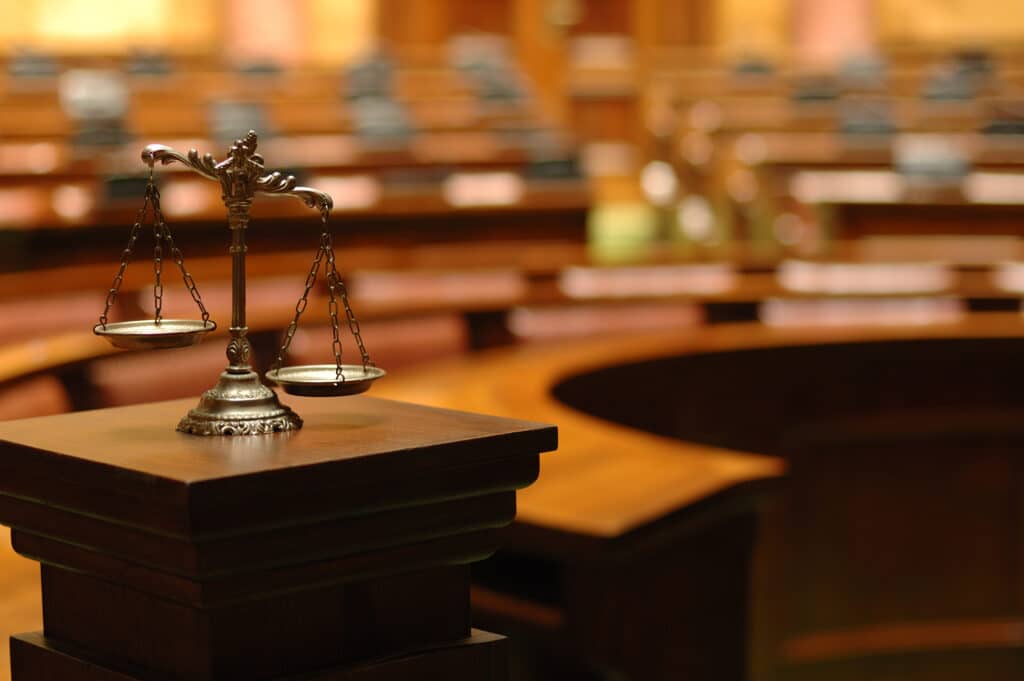
Analysis of OLC Opinions
2022 article, Prof. Jonathan Shaub, Previously Undisclosed OLC Opinions Illuminate the Growth of Executive Power, Lawfare (Sept. 23, 2022)
- 2022 POGO letter, Improving Transparency and Accountability at the Office of Legal Counsel
- 2022 article, William Ford from Protect Democracy, What Might a Congressional Counterpart to the Office of Legal Counsel Look Like?, Lawfare (May 17, 2022)
- 2020 law review article by Prof. Emily Berman, Weaponizing the OLC
- 2019 Washington Post article by Prof. Kel McClanahan, How one secretive Justice Department office can sway the whole government


